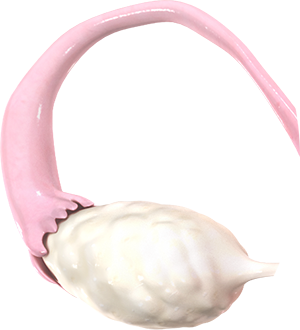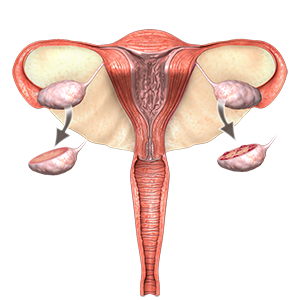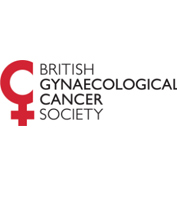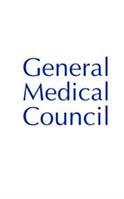Women’s Health
- Menopause

Every woman goes through several changes in her body functions, which marks different stages in her life. With puberty, starts the menstrual cycle, where certain hormones control the monthly release of the egg and preparation for pregnancy.
Know More - Ovarian Cancer

Coming Soon
Know More - Polycystic Ovarian Syndrome

Polycystic ovarian syndrome (PCOS) is a common endocrinal disorder and one of the common causes of infertility among women. It is characterised by an ovulation dysfunction or impedance to the normal growth and release of eggs from the ovaries.
Know More Launch Movie - Hirsutism/Abnormal Hair Growth

Hirsutism is a condition characterized by the excessive growth of body or facial hair in women, much like hair growth patterns seen in men. The hair grows thick and dark on the face (resembling a moustache and beard), chest, back, upper arms, lower stomach, around the nipples and legs. Hirsutism may be related to menstrual disorders.
Know More - Uterine Polyps

Uterine polyps are non-cancerous tissue overgrowths of the endometrium, a tissue in the inner lining of the uterus, that extend into the uterus cavity. These may occur spontaneously or because of high levels of estrogen hormone, although it is not known what actually causes it. Polyps grow faster during pregnancy and while using oral contraceptives or estrogen replacement therapy.
Know More - Pelvic Organ Prolapse

The pelvic floor is a set of muscles that form a hammock or sling around the opening of the pelvis. The pelvic organs, such as the womb (uterus), rectum and bladder, are held in position by the pelvic floor muscles and the surrounding tissues.
Know More







